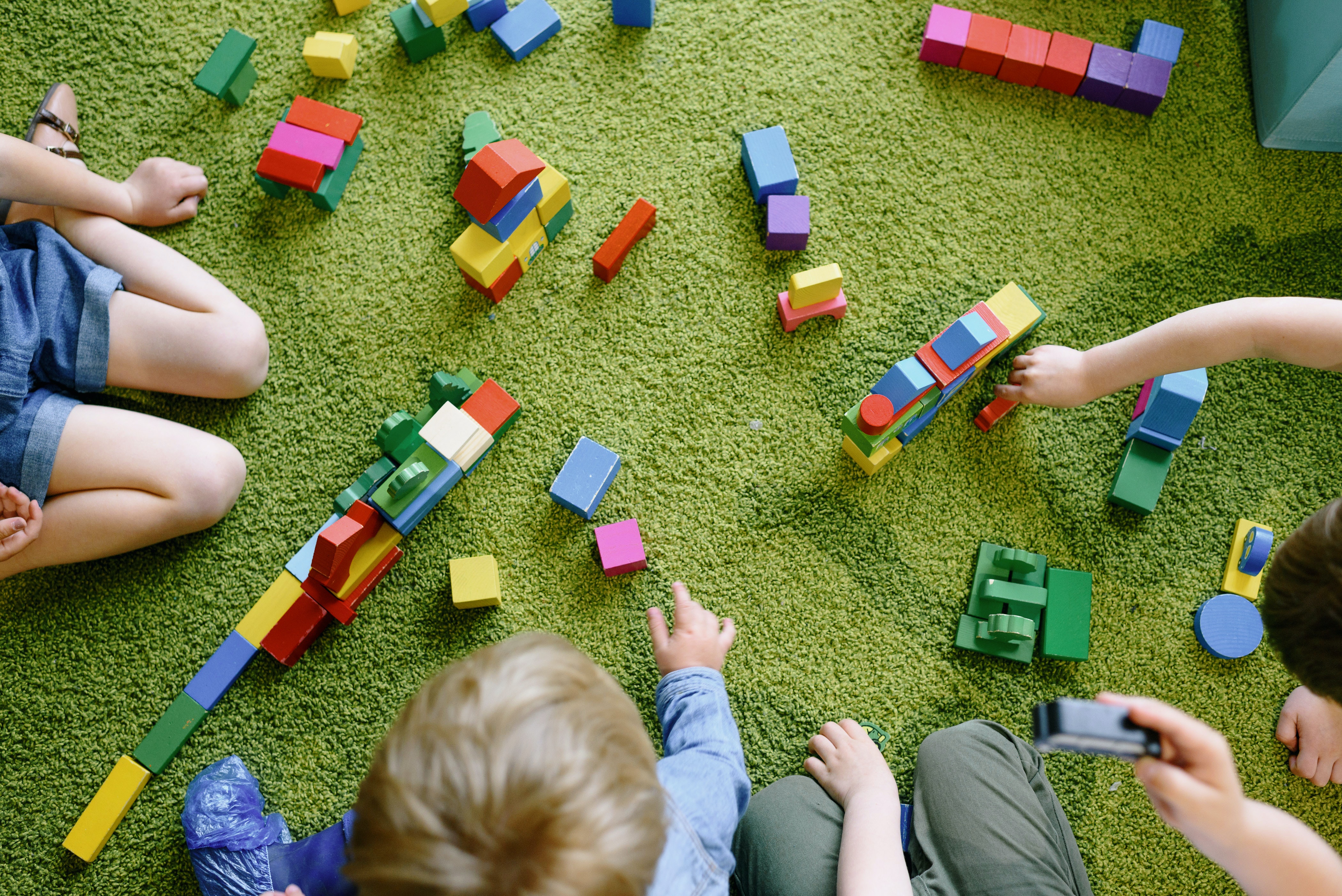
Play Based Learning: The Benefits
Sometimes we hear the word ‘play’ in relation to education and it is thought of as fun and games without giving thought to the education behind it. Play based learning goes far beyond just fun and games and really allows children to explore the world around them. As play is such an important part of a child’s growth and development, it is key that schools find ample opportunity to incorporate play into learning.
What is Play Based Learning?
Play Based Learning can be done and achieved when we are able to create an environment whereby children have the natural means of exploring and discovering new things. In this environment the teacher provides opportunity and materials for children to be able to explore, experiment and engage with other students.
Here are 7 Benefits to Play Based Learning
1. Language Development
Play Based Learning activities allow students to learn new words and practice their language skills. This enhances the child’s literacy and language development, whilst also allowing them to build connections between written and oral modes of expression.
Some examples in the classroom might be boards with letters, numbers, pictures and puppets in a storytelling scenarios. Children can act out these scenarios, thus increasing their vocabulary, increasing communication and confidence.
2. Cognitive Development
Play Based Learning allows children to develop problem solving skills, critical thinking and creativity as they begin to explore the world around them.
An example of this could be that a child is given some blocks to build towers. In this activity, the child can experiment with different shapes and sizes as they decide how to put them together. They may also begin to discover concepts such as balance and gravity!
3. Social Development
Play Based Learning allows children to interact with others as they begin to learn about social norms and develop relationships with their peers.
Through play, children can learn the following traits; how to take turns, share toys and how to cooperate with others.
4. Emotional Development
In the Play Based Learning environment, children have the opportunity to explore their own feelings. They can explore different emotions, are they happy or sad? They also learn how to manage those feelings
Role playing in the classroom can allow children to, for example, pretend to be a customer, cashier or owner. They may also be able to learn about handling money and transactions in this type of scenario.

5. Physical Development
The world play comes with connotations of physical development. This is an aspect that is equally important to growing children. Through play based learning children can learn to balance, hop, catch and throw along with a number of both fine and gross motor skills.
Really any activity whereby the child is moving their body is counted as physical development.
6. Creativity
As children learn and play at the same time they can be creative and imaginative as they develop new ideas and explore those ideas.
Children can use art supplies like paint and play-doh to execute these new skills. Ask children to create a project from their own imagination.
7. Positive Attitude to Learning
When children learn and have fun at the same time, they associate that connection and see that learning can be fun and beneficial. As they enjoy their environment, they are more likely to want to learn and explore new topics.
Play based learning offers numerous benefits to children that is even more exhaustive to just this list. At Royal International College, play will be an important aspect of learning and children of all ages will have play incorporated into their everyday classes.



